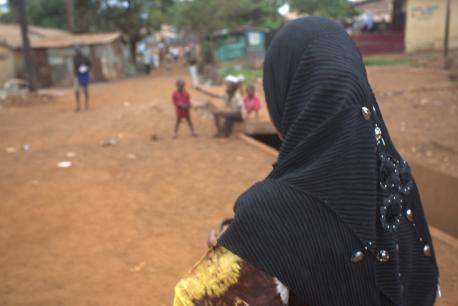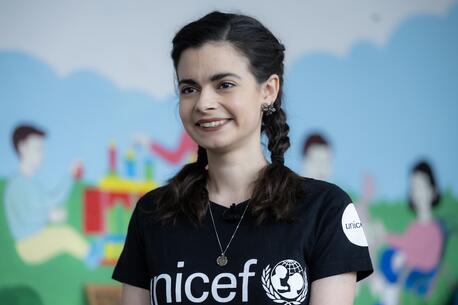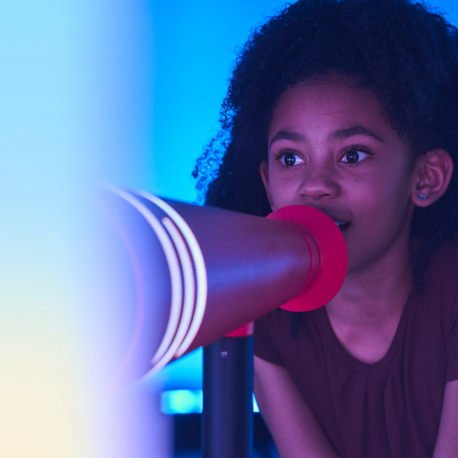
West African Ebola Outbreak: A Survivor's Story in Guinea
Amid a terrifying epidemic, some Ebola victims are beating the odds and the disease.
Timothy La Rose is a UNICEF Communication Specialist based in Conakry, Guinea.
Shortly after the outbreak of Ebola in Guinea, when it seemed like bad news was the only news, UNICEF’s office in Guinea started to receive reports of something that seemed almost impossible, given the climate. Ebola victims were being released from the hospital, completely recovered. They were healthy and even given certificates signed by health authorities stating that they could safely return to normal life.
"I have no idea where I got Ebola ... I am a medical student and encounter many sick people."
We knew that there would be survivors, but the outbreak's initial days were grim enough to turn most optimists into cynics. Talk of very high mortality rates; a rapid spread of the virus to the capital and beyond the borders in neighboring countries; and a palpable fear on the streets zapped the psychic energy of those of us who live and work here.
But there they were: people, weak and squinting in the bright sunlight but healthy, emerging from isolation wards. And not just the lucky few we expected, but more than 30% of those infected were surviving.
UNICEF sat down with an Ebola survivor, one of the earliest cases in the country – Kadiatou*. She met us on a main street in Conakry and walked us back to her home through scores of children playing football on muddy roads. We sat on plastic chairs in a circle while her mother hung the laundry behind us.


